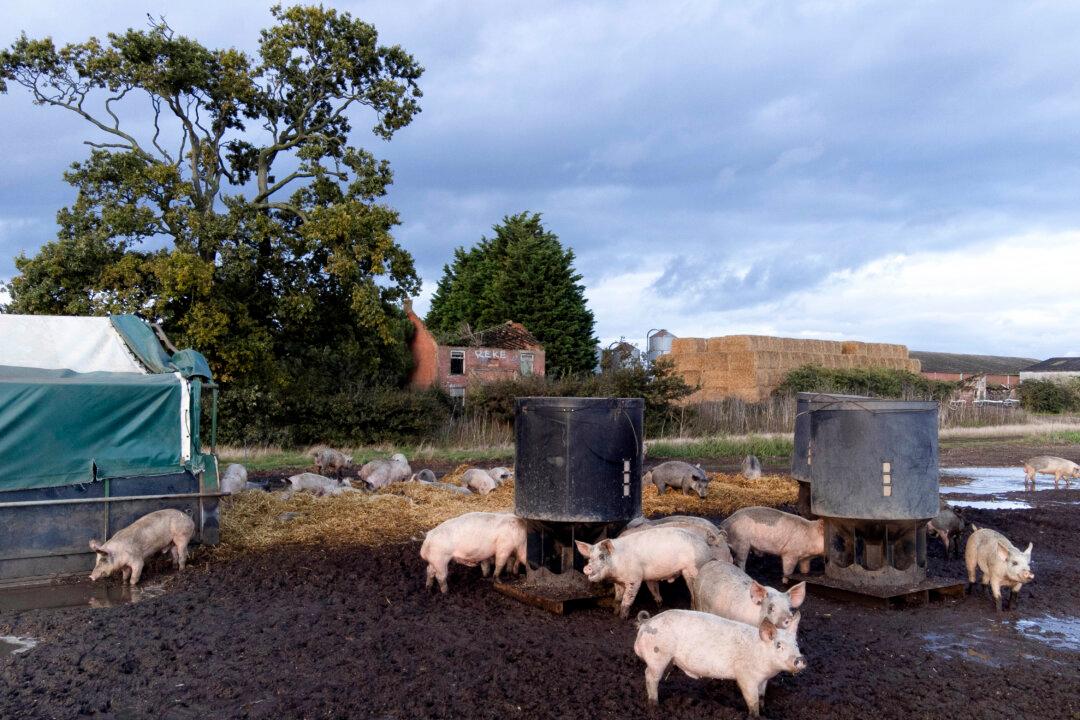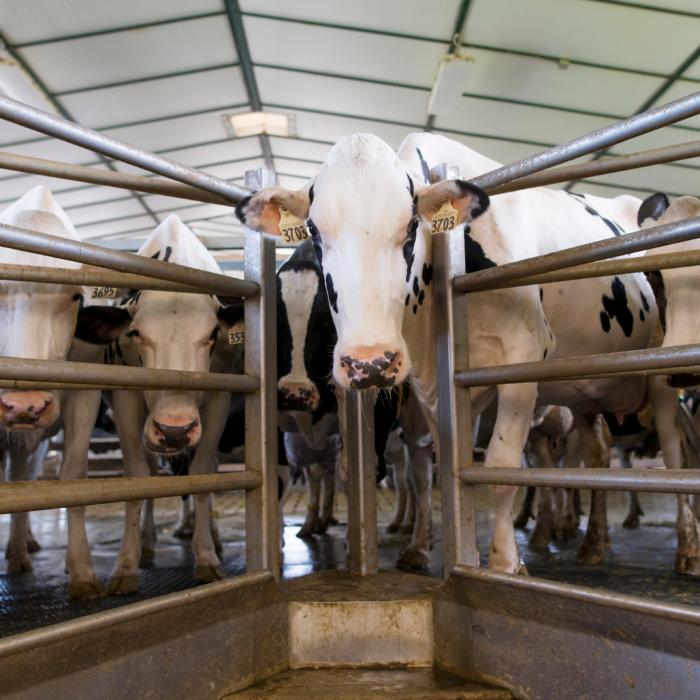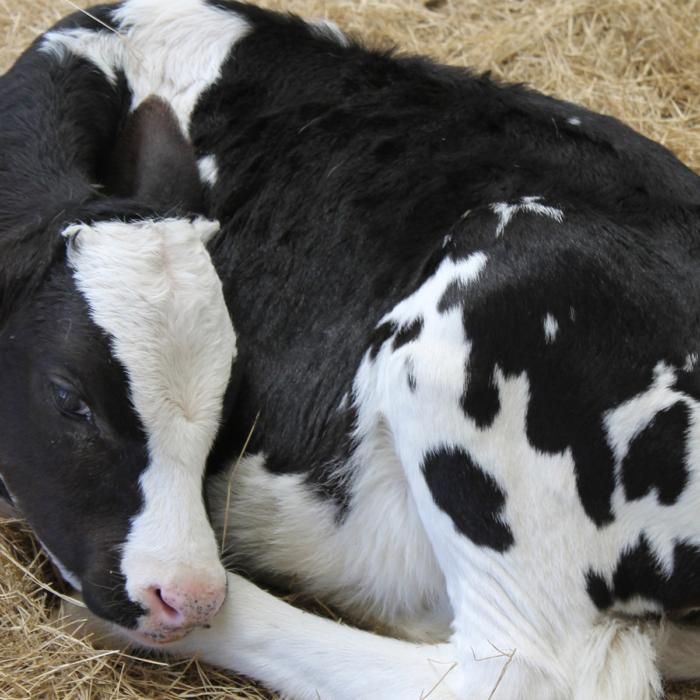A think tank is calling for more government oversight of the largely self-regulated animal farming industry, after finding that just a fraction of breaches of welfare standards resulted in prosecution.
The UK is regarded as a world-leading nation when it comes to animal welfare standards, but the report found that thousands of cases of cruelty towards farmed animals are going unpunished.
The report, entitled “Taking Responsibility,” references research by campaign organisations Animal Equality UK and the Animal Law Foundation, which found that just 2.3 percent of inspections where welfare standards were being breached led to court action against those responsible.
Welfare enforcement in the UK is split between local authorities and the Animal and Plant Health Agency. Just 3 percent of farms undergo welfare inspections by the state each year, with the vast majority inspected by industry-led schemes every 12 to 18 months.
A Nation of Animal Lovers?
The Red Tractor scheme was launched in 2000 by the National Farmers Union of England and Wales to restore trust in British food following outbreaks of mad cow and foot-and-mouth disease.While the scheme, also known as Assured Food Standards, certifies approximately 80 percent of all UK farm production, numerous breaches of animal welfare standards have been discovered at Red Tractor farms since it began.
The report found that although compliance with welfare standards was “marginally better” in farms covered by private assurance schemes, participation in such schemes was “far from a guarantee of compliance, and assurance schemes have demonstrably failed to take sufficient action against breaches when they occur.”
Aveek Bhattacharya, research director of the SMF and an author of the report, said: “We like to think of ourselves as a nation of animal lovers, yet the casualness with which we enforce welfare rules on farms undermines that perception.
“With responsibility for enforcement split between central government and cash-strapped councils, it has been easy to neglect. That, in turn, has led to greater reliance on private sector assurance programs facing conflicts of interest,” he added.
‘Troubling Evidence’
Abigail Penny, a director of Animal Equality UK, which sponsored the report, said that over the years, her organisation has obtained “troubling evidence of animal cruelty.”Footage obtained by the group includes pigs being jabbed with pitchforks, newborn calves being slapped and force-fed, and chickens left to die from dehydration.
Penny said: “It is unacceptable that a charity should have to uncover these breaches; the government has a duty of care toward the animals slaughtered for human consumption, yet there is a concerning lack of surveillance and an apparent reluctance to enforce existing laws.”
She said that there has been an “over-reliance” on accreditation schemes to carry out the inspections, adding that such schemes “often have a finger in the meat industry pie and are even funded by animal agriculture directly.”
She continued, “We would never permit a headteacher to evaluate their own school—if we did, they would all be deemed exceptional. Yet the current system risks allowing the animal farming industries to essentially self-regulate, undermining standards that should and must be upheld.”
Dr. James Russell, Red Tractor’s independent vet director and former president of the British Veterinary Association, said in an emailed statement: “I’m disappointed the report’s authors didn’t engage with Red Tractor ahead of making these claims, which we reject.
“Red Tractor always addresses evidence of non-compliance with our standards, and this data is on our website. These allegations also unjustly question the integrity of veterinarians approving farm health plans, a serious claim I refute on behalf of my colleagues.”







